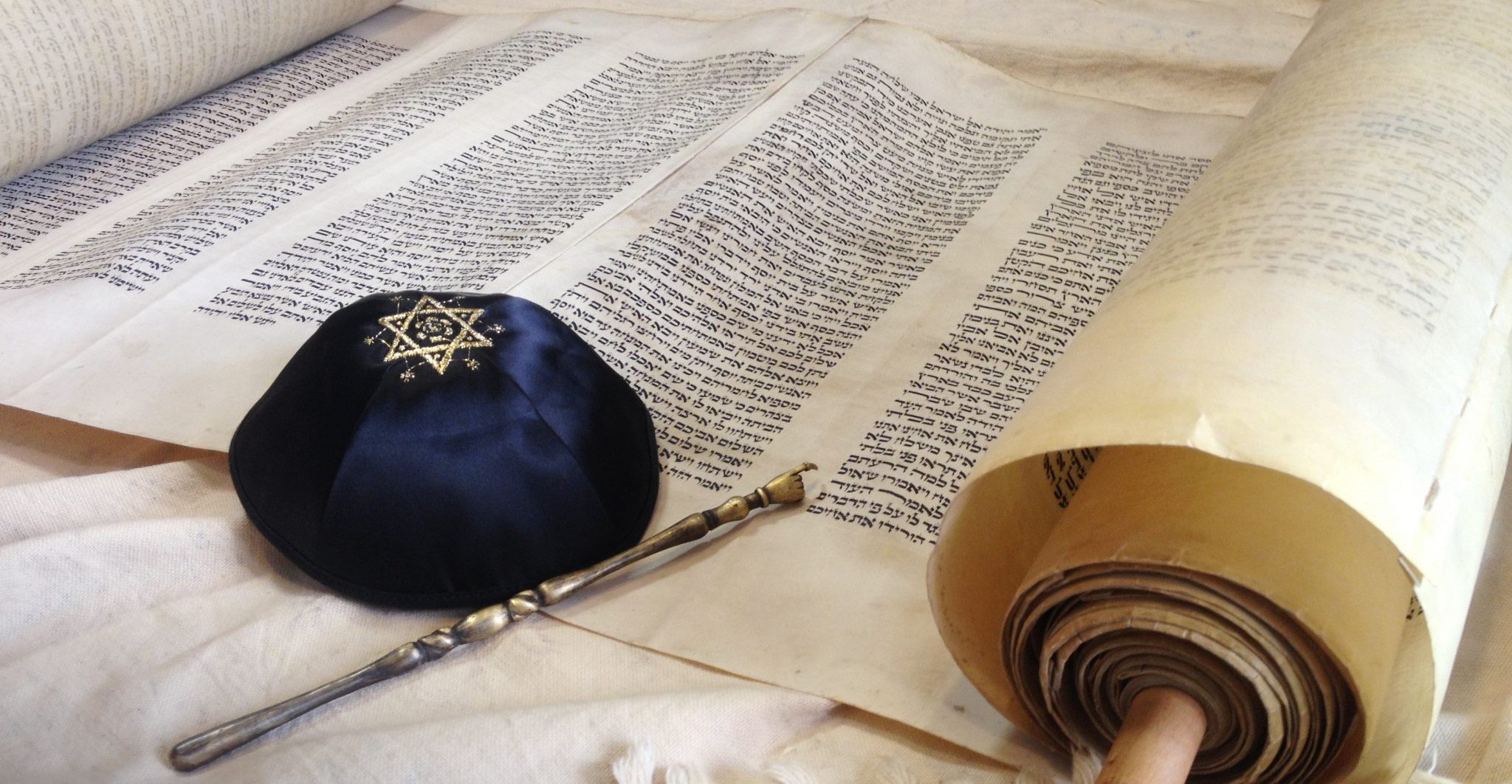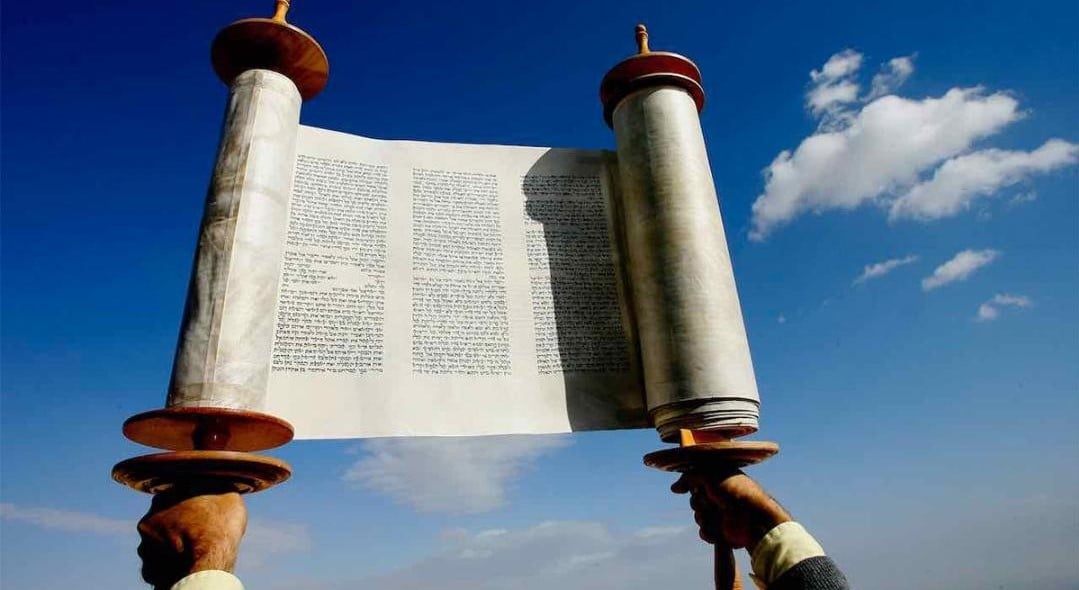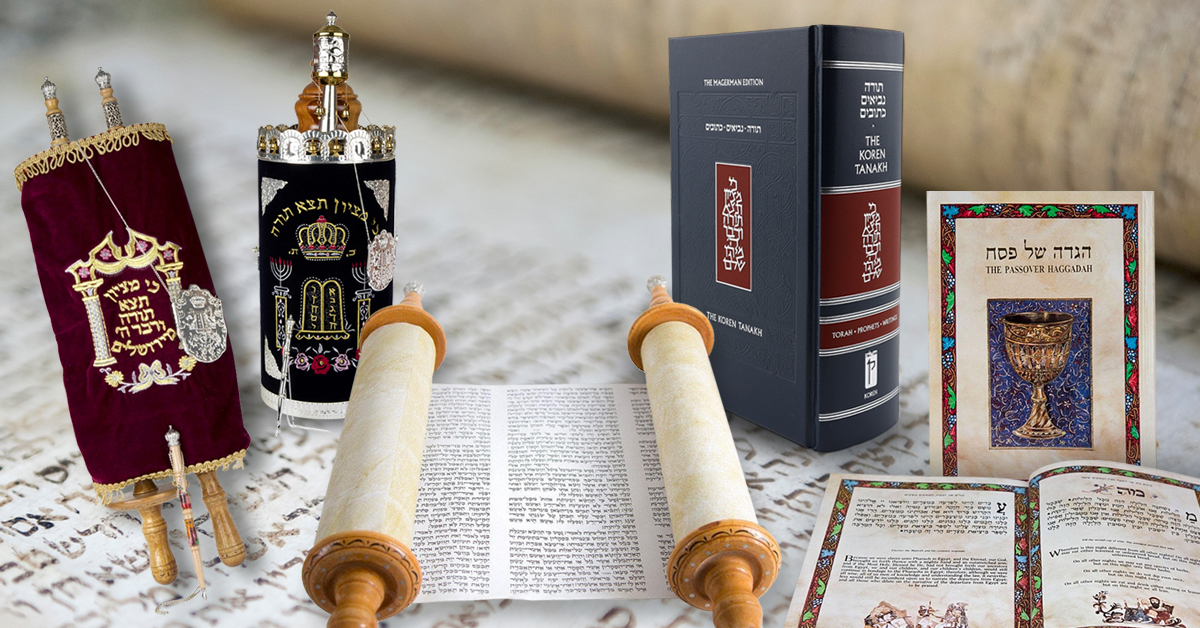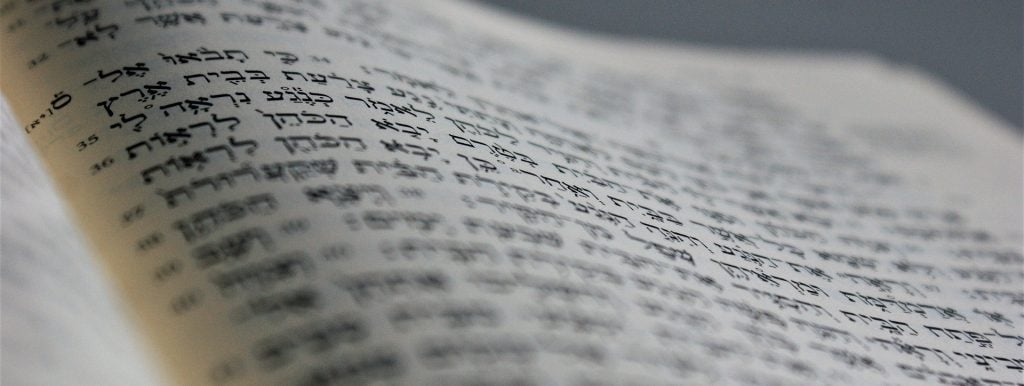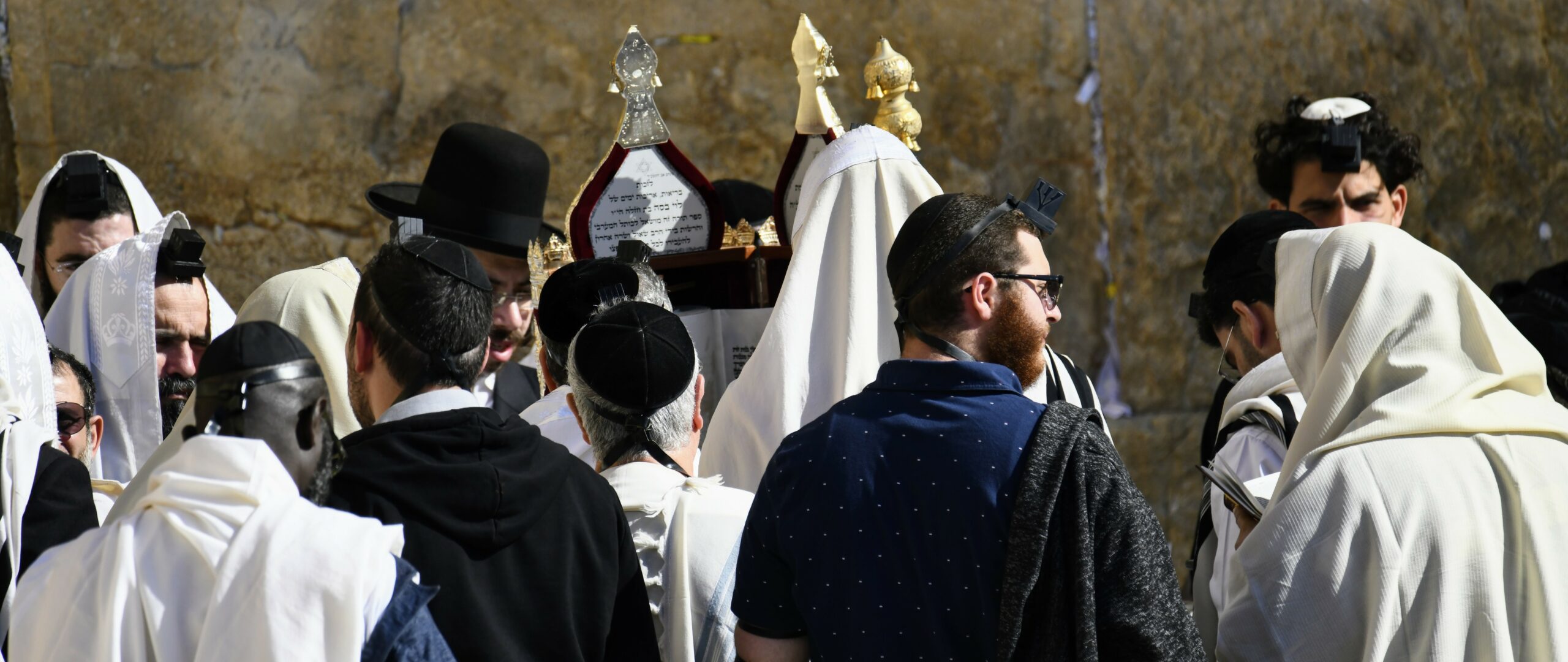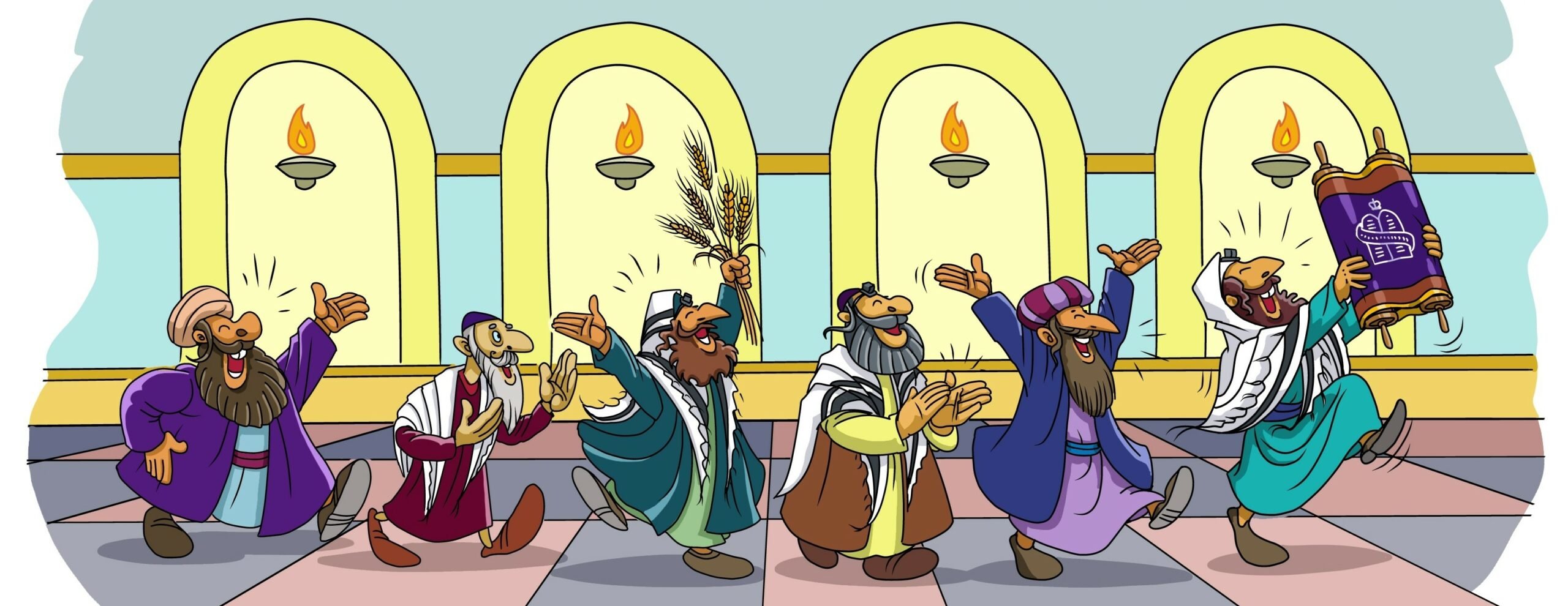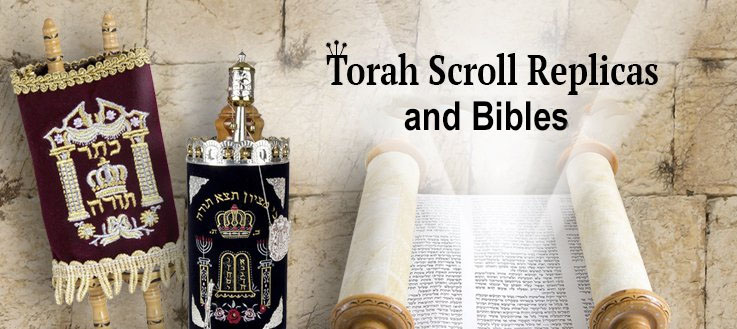Simchat Torah (literally “the Joys of the Torah,” in Hebrew) is a jovial fall Jewish holiday filled with lots of singing, dancing, and joy, making it a favorite among children and adults alike!
Simchat Torah 2025 begins at sundown on Monday, October 13, and will be celebrated throughout the next two days in the diaspora and one day in Israel. It is combined with Shemini Atzeret, a festive assembly dictated in the Torah following Sukkot.
One thing that sets Simchat Torah apart from other celebrations like Rosh Hashanah, Hanukkah, and Passover is that there are no references to it in either the Torah or the Talmud. Rather, Simchat Torah began as a communal celebration to mark the completion of one Torah reading cycle and the beginning of the next one, eventually evolving into a universally accepted festival replete with its own customs and liturgy.

